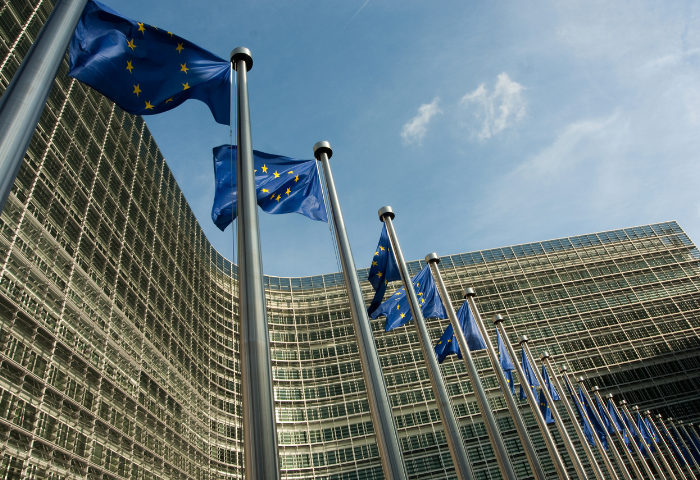Focus the Deal on the enabling conditions for the transition
ECNO’s approach focuses on the enabling conditions of the transition to climate neutrality. It is not enough to track topline targets. There is a clear need to look under the emissions curve to understand real world constraints and be able to identify where exactly action is needed. Large-scale industry needs, for example, access to renewable energy, skilled workers, infrastructure and reliable demand for clean products. In addition, adequate R&D funding and finance for pilot projects can ensure that the next generation of green industry can flourish in Europe. This should be the mission for the Clean Industrial Deal: supporting the creation of the enabling conditions for industrial transformation.
ECNO’s latest EU-wide whole-economy assessment has found that, in spite of some positive signals in industrial decarbonisation and cleantech manufacturing, progress towards a carbon-neutral industrial base is too slow. To address this, the Observatory identifies crucial enablers which should be addressed in the Clean Industrial Deal.
Increase clean technology uptake
Manufacturing and deployment of the most mature and market-ready cleantech solutions represents a significant contribution to European decarbonisation, with progress having been mixed in recent years. ECNO’s report highlights that one of the EU’s leading cleantech sectors, battery manufacturing capacity, is at risk, as scale-up finance for clean technologies has plateaued, with a slight decline over the past two years. This aligns with findings from ECNO’s electricity experts, who emphasise that progress in developing battery storage capacity has been far too slow.
In the meantime, while the share of renewables (wind and solar) in electricity generation continues to increase, progress is still too slow for the EU’s trajectory toward climate neutrality. While the integration of European electricity markets is a central part of the market design reform to enable the uptake of renewables, there continues to be a lack of indicators with good data quality and data availability to guide policymakers and national authorities in this effort. ECNO’s assessment of heat pump sales and registrations of zero-emissions vehicles (ZEVs) in the EU – both indicators of clean technology uptake – reveals significant growth. However, the pace of progress has not been on track with a path to climate neutrality by 2050, indicating the need for further private R&I investment in clean technologies.

Bring innovation to market using private finance
ECNO showed that private investment in R&I was progressing far too slowly through 2023, with companies unwilling to take a risk on future innovations with uncertain returns. However, once a prototype has left the lab and is being brought to market by a start-up or other small-scale innovator, the financing landscape looked more promising. Positively, private early-stage finance in cleantech start-ups was on track.
Above all, addressing the absence of a cleantech investment plan should be a priority to mobilise private (and public) capital effectively. This should be pursued at the EU level to avoid a fragmentary state aid competition between Member States. Expanding the size and scope of the EU Innovation Fund, expanding the size of Horizon Europe (and its successor program, FP10), and leveraging European Investment Bank instruments such as guarantees and venture debt should be key pillars of the financing offer of the Clean Industrial Deal.
Boost the availability and quality of cleantech jobs
ECNO found that employment in the renewable energy sector showed significant growth in 2022 – almost on track to align with EU climate goals. Employment in environmental goods and services also saw a steady increase, this, however, is still too slow. These recent trends show encouraging signs of momentum, which needs to be kept up and replicated in other cleantech sectors to ensure EU cleantech competitiveness ambitions also deliver a just transition. 
Smart policymaking needs robust monitoring for targeted actions
These specific examples of enablers as assessed by ECNO show that, only by further boosting the European cleantech manufacturing base and supporting the decarbonisation of existing industries can the Clean Industrial Deal become a success. There has been some significant movement in the right direction, but the pace must be accelerated through targeted action on specific enabling conditions.
Without granular data, Europe’s attempts at aligning its industrial and climate policy could be flying blind. To keep track of progress and address bottlenecks, it is of the utmost importance to have a robust monitoring system in place. ECNO will continue to support policymakers by providing data-driven insights on progress made in greening our industry, to ensure the Clean Industrial Deal delivers for Europe’s innovators, workers and climate.








